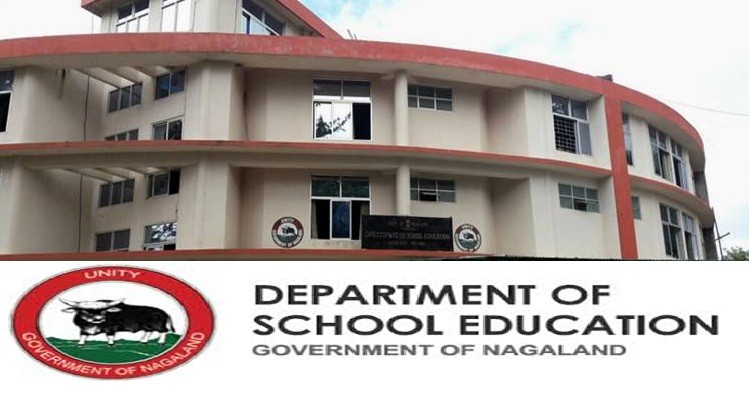All video lessons have been made available for free access in the DoSE’s YouTube Channel and Facebook Page since May 1, says DoSE

• To be issued to all government schools free of cost
• Not compulsory for any individual/private school to buy
Kohima, August 12 (MExN): The Directorate of School Education (DoSE), Nagaland has issued a clarification with regard to the issue of pen drives loaded with video lessons that were telecasted through Doordarshan from May to July.
While the move to distribute study materials through pen drives received a mixed reaction, there was more confusion after the notification on August 6 by the Principal Director of School Education, Shanavas C mentioned the rates for the pen drives.
In an attempt to clear the confusion, Shanavas C on August 12 stated that the DoSE’s notification has clearly mentioned that the pen drives will be issued to all government schools free of cost.
He also informed that all video lessons have been made available for free access in the DoSE’s YouTube Channel and Facebook Page since May 1. It is also made available for free access through JioTV with effect from August 10, he added.
Shanavas further stated that only those interested individuals/private schools who wish to have the pen drives can buy the same through the portal https://dosenl.in. They will be paying only for the hardware and copying cost and no profit is made out of it, he said, while clarifying that “it is not compulsory for any individual/private school to buy the same.”
According to Shanavas, the duration of the video lessons range from 6 to 35 hours per class and the capacity of pen drives are 16 GB, 32 GB & 64 GB. Accordingly, the cost fixed is Rs 350, Rs 480 and Rs 850.
Shanavas meanwhile stated the decision to make the video lessons available in pen drives was taken after the department received requests from various quarters.
The requests were reportedly made citing connectivity issues and the availability of PCs/Laptops in many villages/wards with schools, churches or student bodies which could be used to access the videos.
The department understands that all students will not own smart phones/Personal Computers/laptops, Shanavas maintained.
“The entire transaction is made in a complete transparent manner and public are free to know about the details at any time,” he added.






